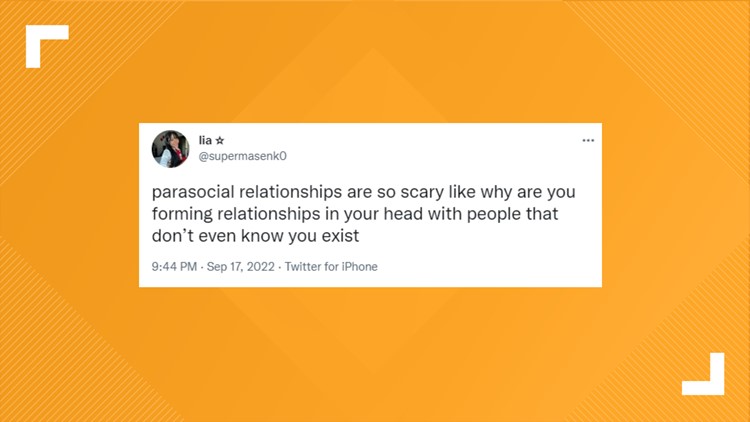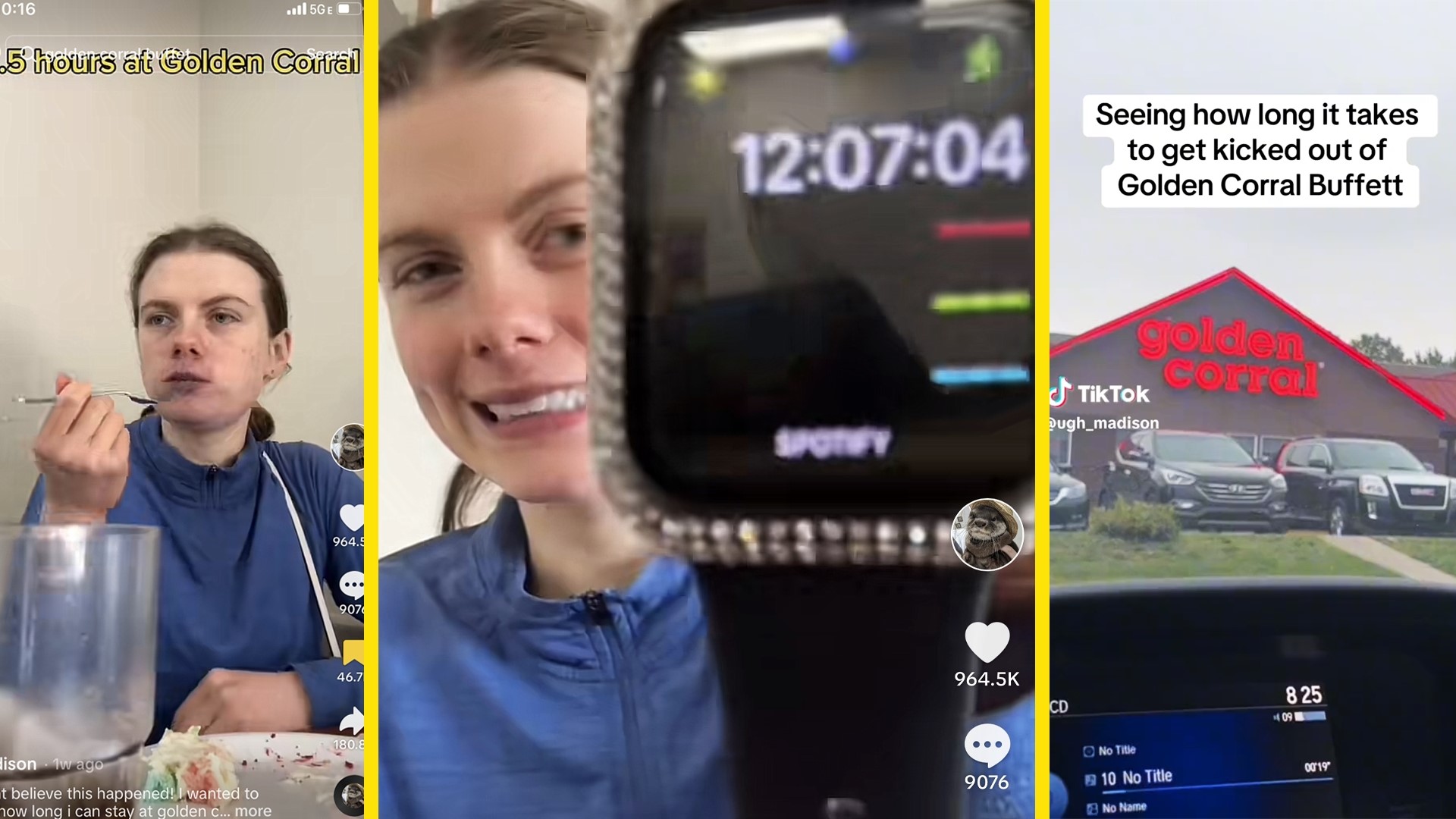INDIANAPOLIS — If you were anywhere near Buzzfeed circa 2016, you probably became acquainted with The Try Guys' many exploits at some point during a late-night YouTube binge.
The lovable quartet of Zach Kornfield, Ned Fulmer, Eugene Yang and Keith Habersberger gained massive popularity and online fame trying things like taking a lie detector test, UFC fighting or eating like Donald Trump for the site, before eventually launching their own platform in 2018.
They’re a team who Gen Z grew up to know well, and who are now in the spotlight for a different reason, as longtime Try Guy Ned Fulmer faces allegations he cheated on his wife with one of the show’s producers.
We’re not going to get into the hazy details of Fulmer’s situation here — it’s all very sad and, as of 2:24 p.m. on Tuesday, The Try Guys announced Fulmer was no longer working with the organization. Fulmer addressed the rumors at 3:15 p.m. later that same day.
But we do want to talk about a key term that's popping up in tandem with this conversation, because it’s important for how a lot of us may be engaging with people we feel we know online - parasocial relationships.
They're one-sided relationships where one person extends emotional energy and time into a relationship while another person — the persona — is totally unaware of their existence.
"They are meaningful, sometimes as meaningful as actual social relationships, because even people we don't know can have profound significance in our lives, as inspiration or reassurance," said Dr. David Giles, who is a reader in media psychology, told Refinery 29 reporter Sadhbh O'Sullivan in 2021. "Much of the time we don't really notice [parasocial relationships] because they're so natural, and then we find ourselves having a discussion with a stranger about someone neither of us has actually met but who we know intimately. Or feel that we know intimately. Which isn't really that different."
If you've ever watched an episode of "The Office" and felt genuine embarrassment at the antics of Michael Scott as if he was your own boss, you experienced a parasocial interaction.
However, if you continued thinking about him long after the show is over, or reference parts of his behavior when you are not engaging with the show, you're probably experiencing a parasocial relationship.
In the case of The Try Guys debacle, the parasocial relationship aspect comes from many of their audience feeling they knew one member personally all these years, and find themselves genuinely heartbroken or confused that he may have acted privately in a way they had not come to expect publicly.
Dr. Edward Hirt is a professor of psychological and brain sciences at Indiana University, and said online parasocial relationships became more common because of the coronavirus pandemic.
"Right away, people were kind of isolated. People had to maintain distance between typically normal relationships that we would. You saw this real influx of people gravitating to social media, but also having to find substitutes for just the normal kind of interpersonal relationships," Hirt said.
Where once parasocial relationships were reserved for TV or sports personalities, they now extend to online media personalities. You can follow or subscribe to a personality who's down to speak with you as part of their following, but otherwise has no idea you exist because they don't follow you back.
You may like it very well when they talk to you, but who knows what that relationship would look like if you spoke back to them.
Although The Try Guys can’t personally know the millions of followers now lamenting the potential demise of one member's personal life in an online space, that hasn’t stopped the internet from launching itself into shared grief anyways.
"When it's somebody who's you really don't have any connection to, but the same kind of emotionality is happening and you're taking it personally and stuff. It's like - we have to draw a line here. That seems unhealthy and obsessive and stuff about that. And it's just curious for many people," Hirt said.
That emotionality is key in these parasocial relationships — where we genuinely feel the experiences of those we love online in our daily lives, and extend emotional energy into their existence, while the other person lives life unaware of our existence.
It can also make for an uncomfortable existence for the 'persona' who has to navigate the one-sidedness of these relationships in real life.
"It's probably the closest thing we can think of to unrequited love, right? When have some crush or a thing on some other person," Hirt said.
Parasocial relationships aren't all inherently bad though, and there's some evidence to suggest they could be connected to different attachment styles.
According to a 2021 report published in The National Library of Medicine, researchers found parasocial relationships to fictional characters helped adults with avoidant attachment styles develop positive coping strategies. A 2017 study similarly found parasocial relationships could also help young people form a good sense of identity.
But like any relationship on the internet, if you do find yourself exhibiting signs of one in an online space, be warned. The internet will likely shred it to bits.



